Are you ready to win a bet? Beer nutrition facts you’ve been searching for are below and then I went ahead and compiled a list of some of the most popular beers in the world.
On average:
One 12 ounce can of beer has:
Less than 1 gram of fat!
Only 13 carbohydrate grams.
Less than 1 gram of sugar.
Less than one gram of fiber
Two grams of protein.
And on average about 150 calories.
Now more specific beer facts by brand:
Per 12 ounce can of beer
Miller nutrition facts:
143 calories
1 gram of protein
13 grams of carbohydrates
ABV of 4.6%
Miller Lite Nutrition facts:
96 Calories
Less than 1 gram of protein
3.2 grams of carbohydrates
ABV of 4.17%
How much sugar is in Miller Lite? Lucky for you there are 0 grams of sugar in Miller Lite.
Budweiser nutrition facts:
110 calories
1 gram of protein
11 grams of carbohydrates
ABV of 5%
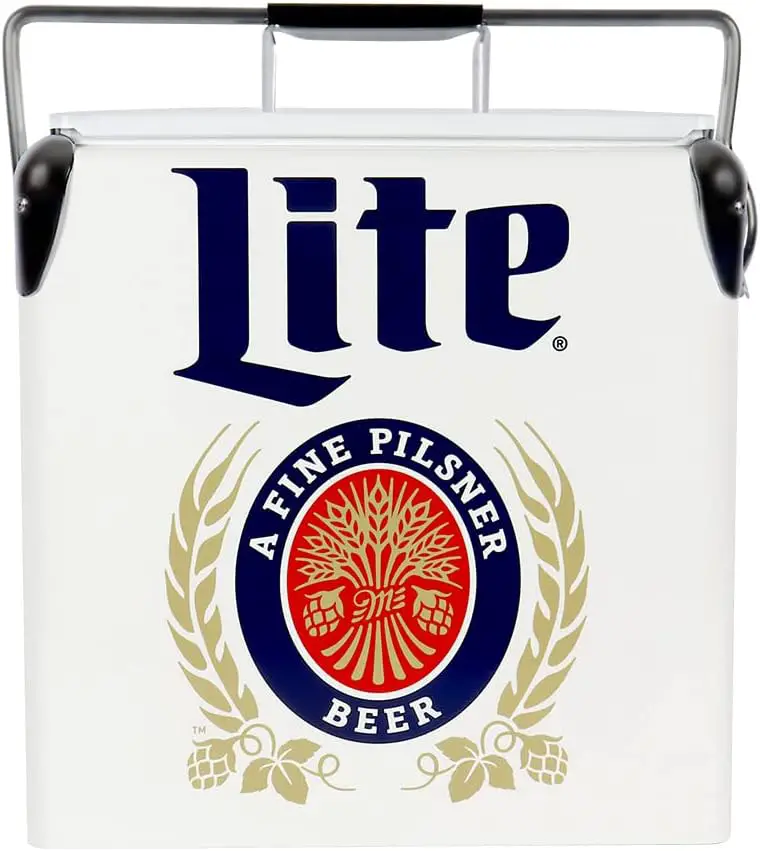
Bud light nutrition facts:
103 Calories
0.9 grams of protein
4.6 grams of carbohydrates
ABV of 5%
Busch nutrition facts:
114 calories
0.8 grams of protein
6.9 grams of carbs
ABV of 4.35
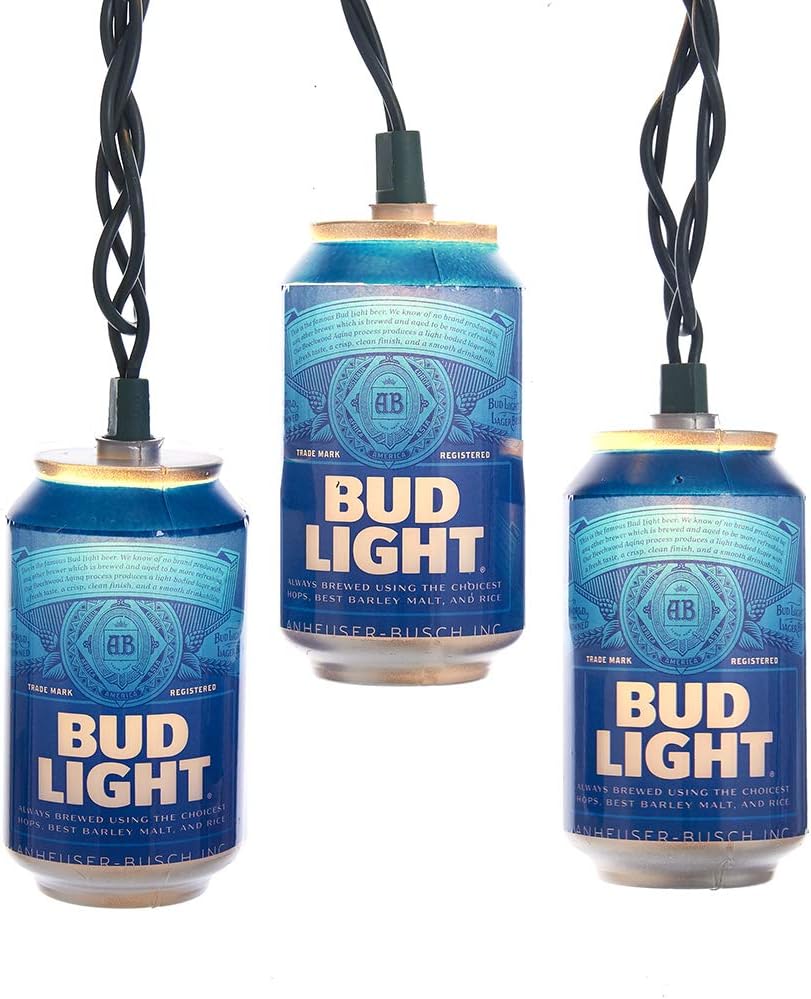
Busch Light nutrition facts on the Busch light nutrition label:
95 Calories
0.8 grams of protein
5.8 grams of carbohydrates
ABV of 4.1%
Coors nutrition facts:
102 calories
Less than one gram of protein
5 grams of carbo hydrates
ABV of 4.2%
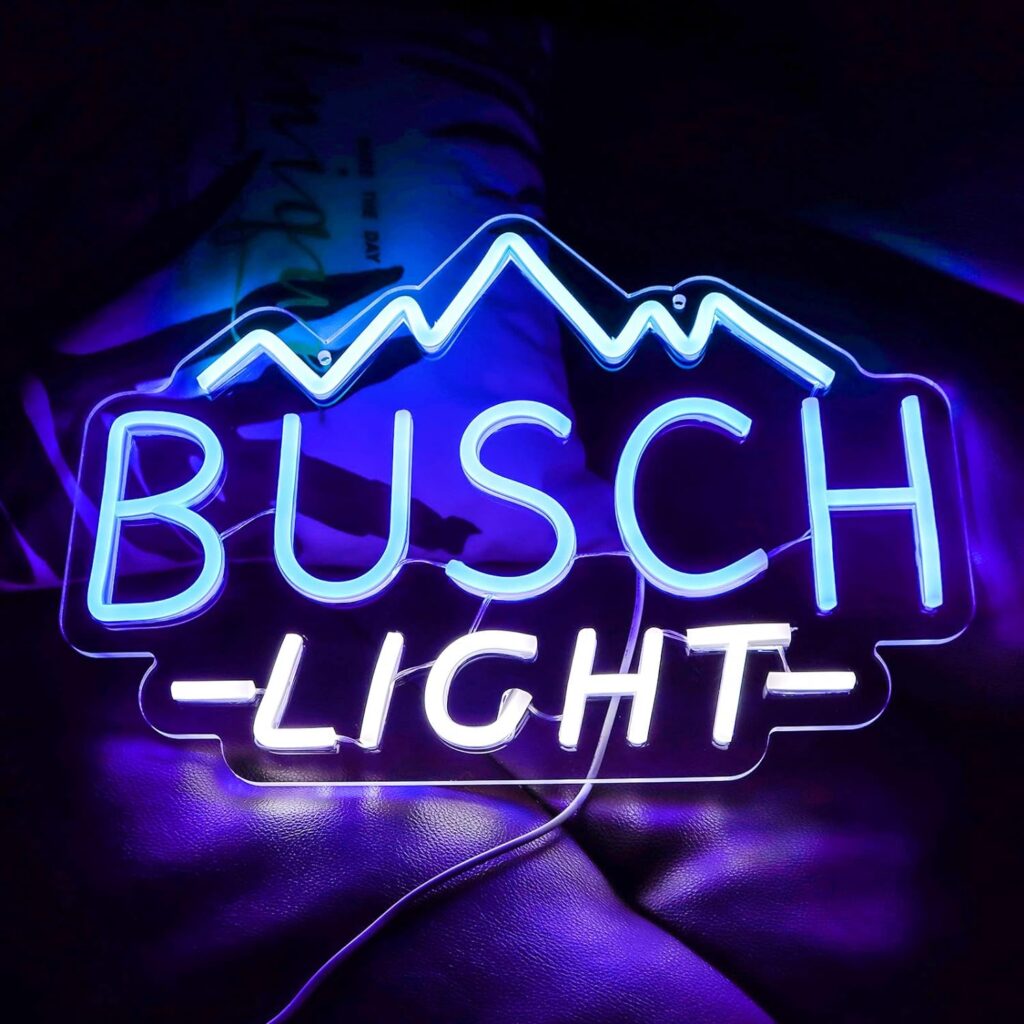
Coors Light nutrition facts:
96 calories
Less than 1 gram of protein
3.2 grams of carbohydrates
ABV of 4.2%
What beer is best for diabetics?
Miller Lite, Coors Light, Bud lite and Busch are better options than most beers.
Guinness nutrition facts:
125 calories
1 gram of protein
10 grams of carbohydrate
ABV of 4.2%
Why is Guinness healthier than other beers? Guinness is healthier as it has folate and ferulic acid which are nutrients needed to make DNA. Being also high in barley – giving it one of the highest levels of fiber where most light beers don’t have any fiber.
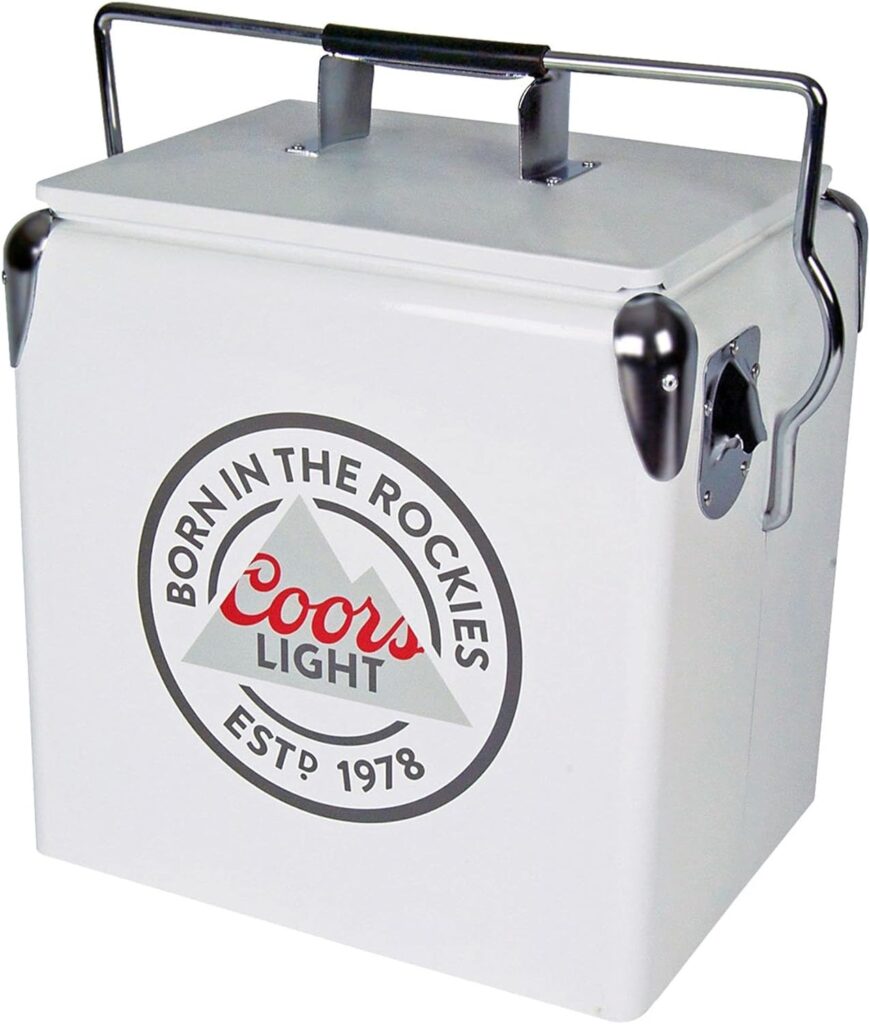
Pabst Blue Ribbon PBR nutrition facts:
153 calories
0.7 grams of protein
8.3 grams of carbohydrates
ABV of 4.8%
Natural Light nutrition facts:
95 calories
0.7 grams of protein
3.2 grams of carbohydrates
ABV of 4.2%
Rainier Beer nutrition facts:
Other than some of the greatest beer commercials ever made it is about average in beer nutrition.
150 calories
Zero grams of protein
10 grams of carbohydrates
ABV of 4.7%
What was the first beer in America? 1829 – Yuengling Lord Chesterfield Ale and Porter, Yuengling Brewing.
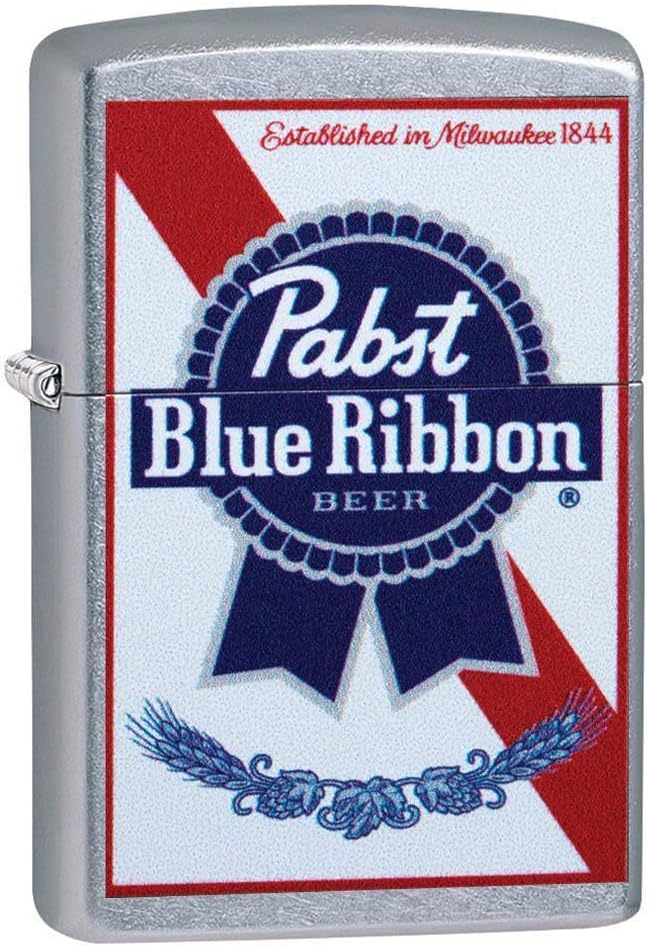
Yuengling beer nutrition facts:
140 calories
1 gram of protein
12 grams of carbohydrates
ABV of 4.5%
IPA nutrition facts (on average):
155 calories
1.66 grams of protein
6.6 grams of carbohydrates
ABV of 5.5% to 7.5%
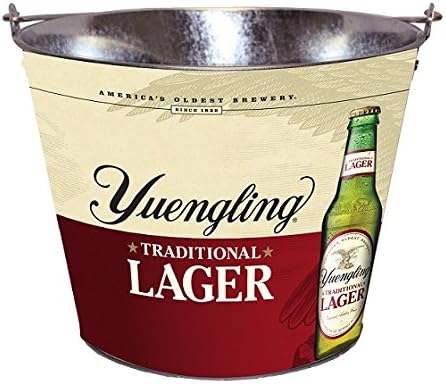
Blue Moon nutrition facts:
170 calories
1.9 grams of protein
14 grams of carbohydrates
ABV of 5.4%
Modelo nutrition facts:
143 calories
1 grams of protein
13.6 grams of carbohydrates
ABV of 4.4%
Pacifico nutrition facts:
143 calories
1 gram of protein
13.6 grams of carbohydrates
ABV of 4.4%
What is the lowest carbs for Mexican beer?
Tecate Alta
85 calories
One gram of protein
2.4 grams of carbohydrates
ABV of 4%
Beer Facts and questions
Who invented beer? The Sumerians around 8,000 BC are thought to have invented beer and some of the original brewers were women. Ninkasi is the Sumerian goddess of beer and the Greek goddess of beer was Methe.
What is the oldest beer brand? The claim for the oldest operating brewery in the world belongs to The Bavarian State Brewery Weihenstephan from around 1803.
What is the biggest beer festival in the world? Oktoberfest, held annually in Munich, Bavaria and first started on October 12, 1810 to celebrate the Bavarian marriage of King Louis the 1st to Princess Therese von Sachsen-Hildburghausen.
What are the four main ingredients in beer? For a simple beer start with good water and yeast, hops and grain.


Leave a Reply